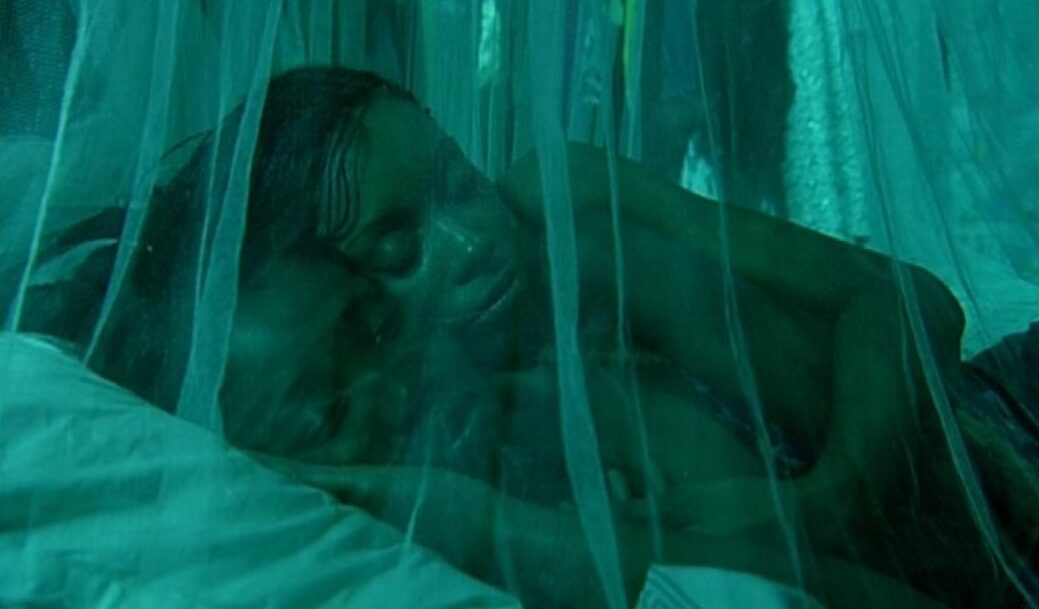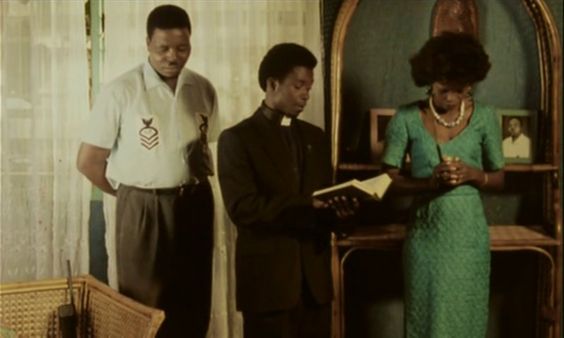Jean-Pierre Bekolo’s bold and inventive films push the limits of conventional genres
September 3, 2020
About
Linger with Bekolo in this interview and savor his brilliant exposition on being African and not alienated, and on his oeuvre as a filmmaker. Science fiction? Horror? Genre for him is an opportunity to experiment, to free form from its own confines and to use the conventions of storytelling to spur viewers to action. Interview conducted by Mamadou Niang. New York, 2006
About the Director
Bekolo, Jean-Pierre
Jean-Pierre Bekolo was born in Yaounde, Cameroon in 1966 and is now known to subvert the conventions and didacticism of African film and literature with an aesthetic that “tosses it all merrily together”. He has taught film at Virginia Tech, University of North Carolina at Chapel Hill, and at Duke University. In the late 80’s Bekolo trained as a television film editor in France at INA. He returned home shortly thereafter and worked for Cameroonian television, where he was responsible for editing short films. During this time, he was also involved in the production of films, such as Boyo, Un Pauvre Blanc, and Mohawk People, as well as video clips for Les Têtes Brûlées and Manu Dibango. His first feature film was the award-winning Quartier Mozart (1992), which won prizes at film festivals in Cannes, Locarno, and Montreal and was nominated, in 1993, for a British Film Institute award. The film mixes sorcery and urban realities in a satire of male and female roles. Aristotle’s Plot was the African entry in the British Film Institute’s series of films commemorating the centenary of cinema. Part meditation on the trials of African filmmaking, part action movie, and parody of Aristotelian and African preoccupations, it shows his skill as an “increasingly fearless trickster”. Other feature-length films include Have You Seen Franklin Roosevelt? (1994) and Les Saignantes (2005). Miraculous Weapons, his 2017 drama, was nominated for the Tanit d'Or at Carthage Film Festival. Learn More



